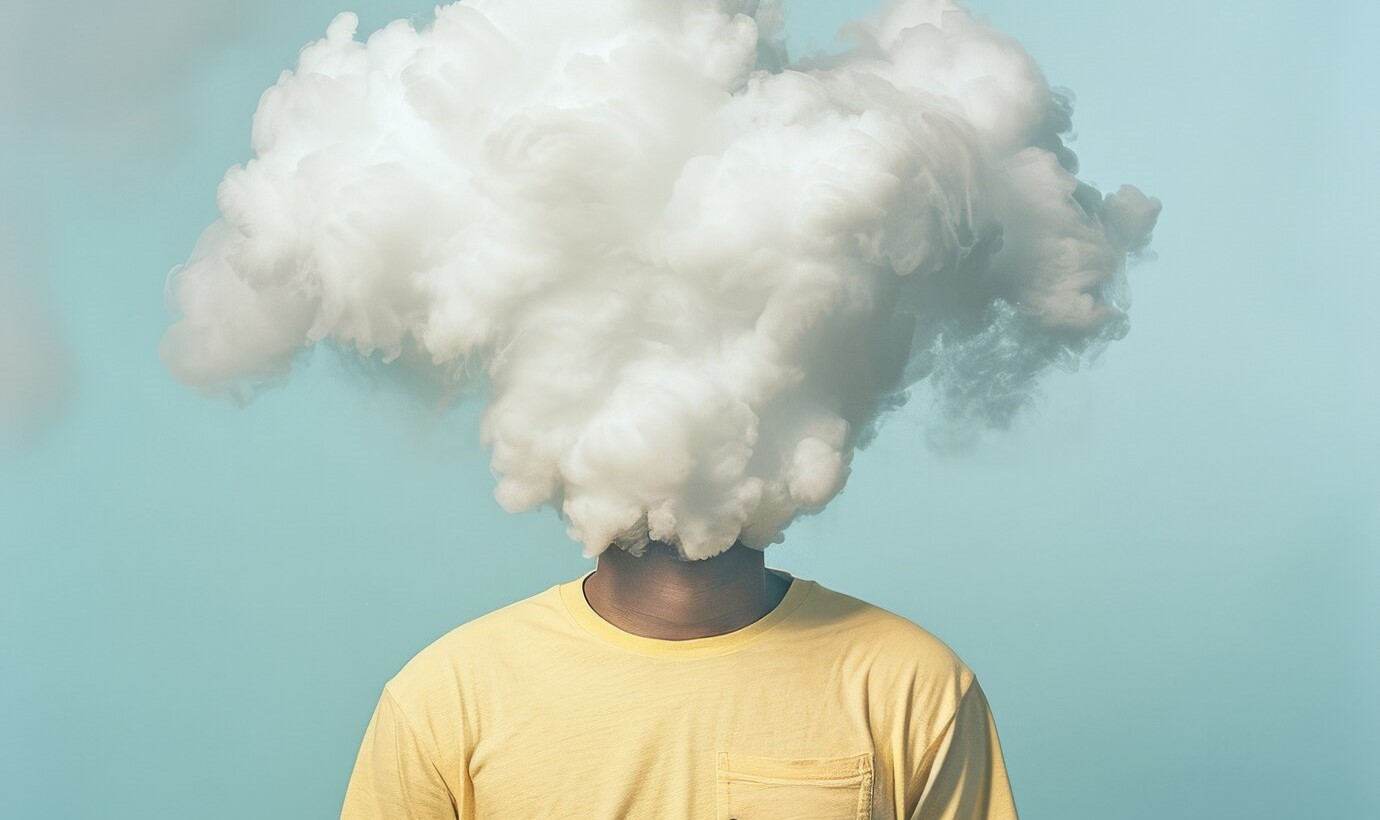I personally started smoking marijuana in middle school. I was barely even a teenager when I took my first drag. I was a sports kid during the week but hung out with the kids who liked to fight, smoke, and drink on Friday and Saturday nights. My young body was resilient enough to be able to live between both worlds and still somewhat excel. Yet, as I look back in hindsight, if I could do it all over again, I would have stayed in one world. The world of discipline, scholastics, sports, and complete sobriety. Study after study has now taught us that marijuana has detrimental effects on the still growing and developing teenage brain, effects that are irreversible and last a lifetime.
Our brain is going through major changes from childhood right up until twenty-five years old. The frontal lobe and wiring of the brain go through monumental changes that determine the way we learn, memorize, react, feel, and process information and handle emotions. Much of our impulse control, decision making, and mental health all circles around this region of the brain. This area of the brain controls executive functions including the ability to plan, organize, initiate, self-monitor, and control our own response in order to achieve goals.
Harvard and John Hopkins University both have extensive and ongoing studies being conducted about adding high levels of THC to a brain that’s still growing and developing. While the studies are ongoing and the long-term effects still aren’t known, they both have come to the same premature conclusion: “While we wouldn’t recommend any one of any age to use marijuana, we would strongly advise against it for adolescents, teenagers, and young adults.”
High levels of THC in a growing brain have been coupled up with life altering changes. Young people using marijuana have gained an impaired ability to learn and memorize information which has a profound effect on performance in school. This in turn has caused many students to become discouraged with school, lose ambition, and drop out. Due to the fact that marijuana also has an effect on a young person’s frontal cortex directly stunting decision making ability, they may honestly feel that leaving school is the best decision for them. Studies have also shown high levels of THC in a developing brain are directly linked with sleep issues, social isolation, mental health decline, and even serious bouts of psychosis. Many young people have begun using marijuana to help them sleep or curb thoughts of anxiety and depression, not knowing that they are digging a hole deeper than they may be able to climb out of.
Much closer to home, my wife and I see the clear evidence of these studies right in front of us. Working with children, adolescents, and teenagers in our community, we can see the tell-tale signs of when a young person starts using marijuana. A once happy and vibrant young child withdraws themselves and stops caring for school and sports. A kid who once had a promising jump shot in basketball now barely touches the basketball. A kid that once dreamed big of becoming a professional and achieving what was way beyond themselves is now a teenager who is now content winning a few street fights.
Some of my friends, just like myself, ended up getting sober by God’s grace alone. Some used marijuana as a gateway to harder drugs. Some ended up selling and have had a life full of run-ins with the law. Some are dead and others were just never able to fully pull it together after using marijuana coupled with alcohol their entire young life. In being where I’ve been and seeing what I’ve seen, I would easily agree with the sentiment of both Harvard and John Hopkins in saying, “I would strongly advise that young people with developing brains do not add marijuana to it.”
Image by Freepik






